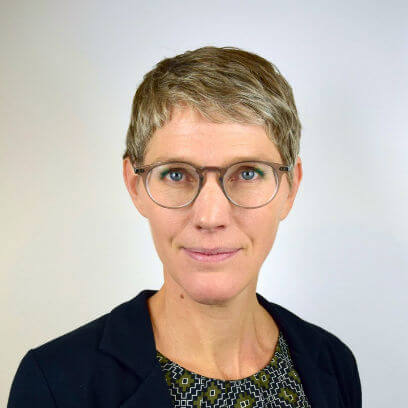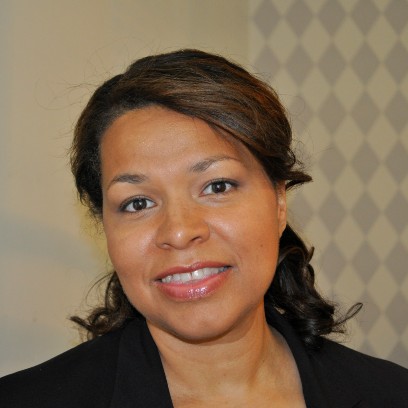A new book is published today by the Stockholm International Peace Research Institute (SIPRI) and Oxford University Press. Anthropocene (In)securities: Reflections on Collective Survival 50 Years After the Stockholm Conference, is edited by Eva Lövbrand and Malin Mobjörk and includes a foreword by Ambassador Jan Eliasson.
An interdisciplinary team of scholars and policy experts, including Mistra Geopolitics Programme Director Björn-Ola Linnér at Linköping University, contributed to the book.
You can also read an essay by editors Malin Mobjörk, Senior Research Officer at Formas, and Eva Lövbrand, Associate Professor of Environmental Change at Linköping University and member of Mistra Geopolitics, presenting key themes of the book.
“By tying the fate of humanity to the fate of the planet, the Anthropocene has invited intense conversations in fields as varied as earth system science, history, philosophy and geology. It has also entered the study of international relations and sparked lively debate about the very meaning of security.”
Anthropocene (In)securities

In Anthropocene (In)securities, thinkers from the fields of global environmental politics and security bring their unique perspectives to bear on some of the essential questions raised by the Anthropocene. The 50-year anniversary of the UN Conference on the Human Environment offers an important backdrop, and an opportunity to imagine constructive ways ahead.
Do traditional security concepts hold up in the Anthropocene?
The authors tap into the unfolding debate about what security means in a time of environmental instability, inequality and danger. It critically examines traditional state-centric security along with other concepts such as human security, ecological security and climate security, when confronted with the interlocking challenges of the Anthropocene.
Governing security in the Anthropocene
The Anthropocene concept raises some difficult theoretical and practical questions for security policy, such as: Who, or what, should security policy seek to protect? What qualifies as a security risk? The book asks how global institutions have responded, and can respond, to the systemic production of environmental risks and insecurities, and what political innovations are needed to chart a more sustainable path for global development in the decades to come.
The book ends with a joint statement by the author team, offering some proposed actions to help safely navigate the global landscape of Anthropocene insecurities.
Proposed actions are briefly summarized here:
Confront the limits of current global institutions. Despite the proliferation of international law and global governance regimes, ecological destruction and human suffering are accelerating around the world. A major shift in law and governance regimes is needed.
Bring those most at risk to the forefront of global governance. The international community has a responsibility to prepare for, and to protect all living beings from, the dangers of a rapidly warming world.
Rapidly decarbonize economies and lifestyles. As climate change and species extinctions cannot be reversed, ‘cleaning up’ later is not an option.
Pluralize and politicize knowledge on environmental insecurity. The complex social, economic and political drivers of environmental destruction require us to go beyond singular problem-framings and solutions.
Promote a lived and plural sense of security. Governments must be open to new ideas, polices and institutions.
Featured

Eva Lövbrand

Malin Mobjörk

Professor Björn-Ola Linnér
About the book, essay and authors
Anthropocene (In)securities: Reflections on Collective Survival 50 Years After the Stockholm Conference, SIPRI Research Report 26, edited by Eva Lövbrand and Malin Mobjörk with a foreword by Ambassador Jan Eliasson, is available from Oxford University Press. Anthropocene (In)securities is produced within the research programme Mistra Geopolitics.
Twitter: #MistraGeopolitics #Anthropocene #Stockholm50
News story by: Ylva Rylander, SEI and Mistra Geopolitics; Caspar Trimmer, SIPRI.
About Stockholm+50
Earlier this month, the United Nations General Assembly announced the agenda for the forthcoming international meeting Stockholm+50: A healthy planet and prosperity for all—our responsibility, our opportunity, to be held in Stockholm in June 2022.
This marks 50 years since the 1972 UN Conference on the Human Environment, the Stockholm Conference, which paved the way for a growing recognition of links between security and the state of the environment, and later on climate change, as a critical research and policy field.
For further information, please contact:

Maria Cole




